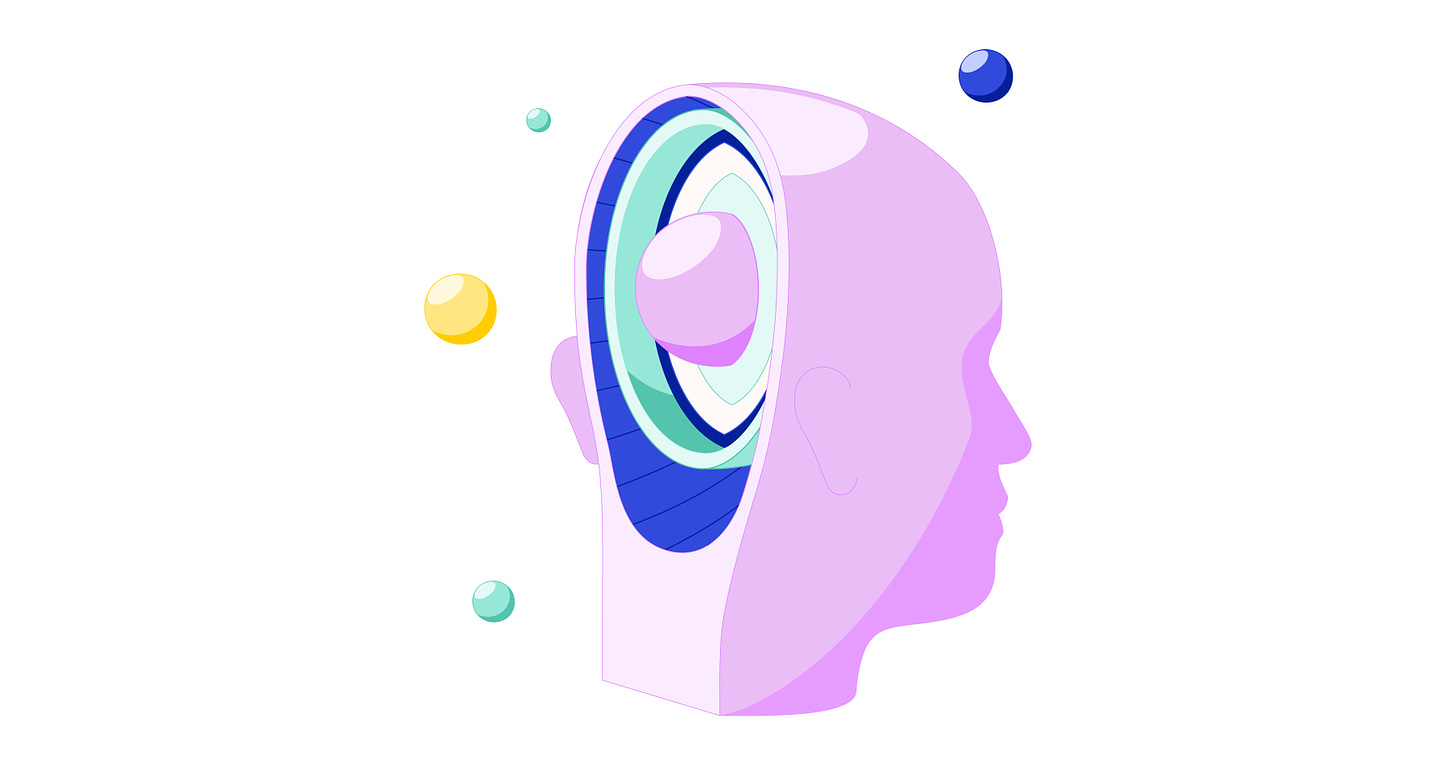Humanity’s new frontier is complete genomic knowledge. The barriers are ideological.
In 2003, the leaders of the Human Genome Project unveiled the first complete sequence of human DNA. At that time, Netflix hadn’t yet started its streaming service, people were still using Napster to download music off the internet, and Facebook wouldn’t launch for another year.
Today, these innovations are inextricably woven into our everyday lives — except the knowledge we derive from our genome, the language of life itself.
The barrier to understanding how DNA shapes who we are is no longer technological. It’s ideological. We don’t think that should be the case anymore.
Nucleus Genomics opens access to the full range of scientific knowledge on how your DNA shapes you, now and in the future. Our mission is to fulfill humanity’s potential to understand ourselves.
That quest started with Gregor Mendel, a monk who studied inheritance in pea plants over 160 years ago. The Human Genome Project, a decade-long, billion-dollar moonshot that started in 1990, marked an extraordinary milestone in that journey. Then, in 2022, Illumina — the leading genomics company in the U.S. and our collaborator — accelerated the field’s potential with the ability to sequence hundreds of human genomes in days for a few hundred dollars each.
As sequencing has improved, we’ve also become dramatically more adept at interpreting our DNA. But the genetic insights most of us can access have largely stagnated, limited to trite analyses on your chances for detached earlobes or your propensity for napping.
That’s because genetics is fraught with ideological controversy.
The field has long been manipulated to justify atrocities and amplify social stigmas. Can we move beyond such systemic abuse so uncovering the genetic basis of traits benefits society?
Today, few people have access to meaningful genetic insights without a doctor’s supervision. Who decides what information is useful for your health?
Genetics influences almost everything about you. How will mapping the extent of our innate biology impact society?
These ideological battles have led the public health and medical elite to restrict access to genomic insights and their utility.
We don’t think history and ideology should outweigh your right to benefit from technological progress. Suppressing information that’s prone to abuse and misinterpretation doesn’t prevent that information from being abused and misinterpreted. It’s the reverse: The suppression of knowledge splinters society and undermines our ability to understand ourselves and each other.
We choose to provide you with the complete scope of scientific understanding into how your DNA shapes you, from common diseases like heart disease and insomnia, to complex traits like intelligence and sexuality.
We believe communicating where scientific knowledge stands today — without sensationalism or obfuscation — will pave the way for truth and scientific progress.
A crucial gap is on the verge of closing: one that lies between DNA’s influence on our lives and our ability to measure that influence. Closing that gap is the next step in reaching our full human potential.





